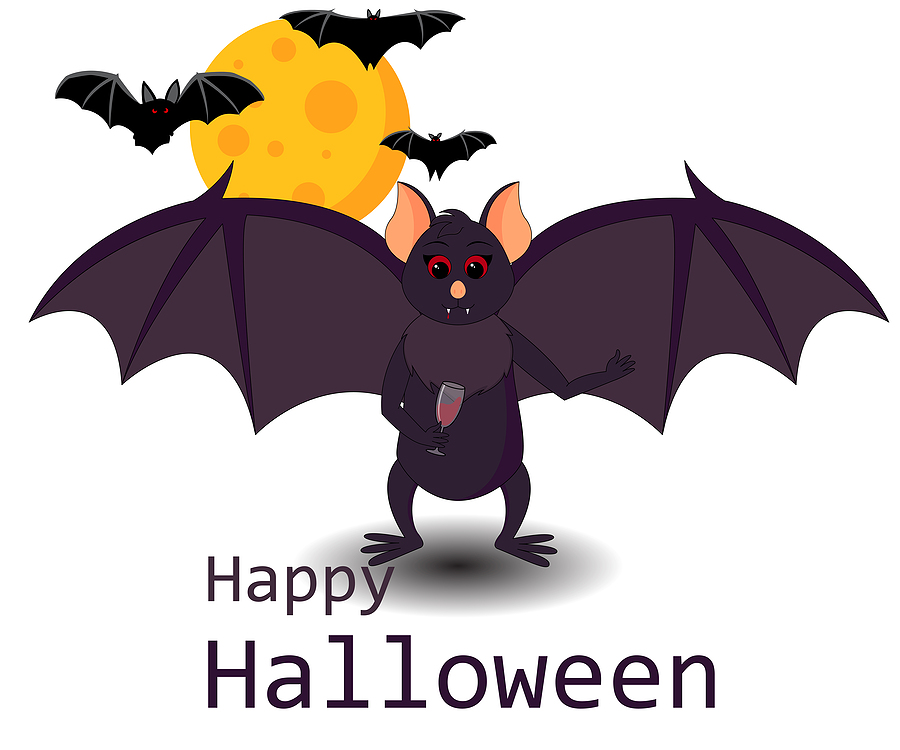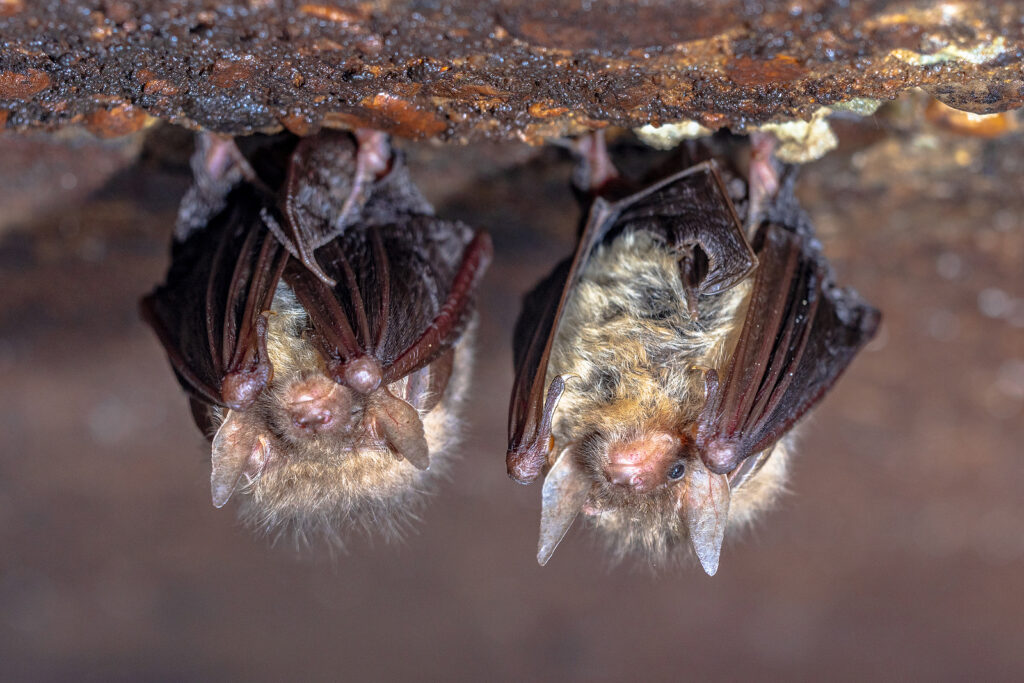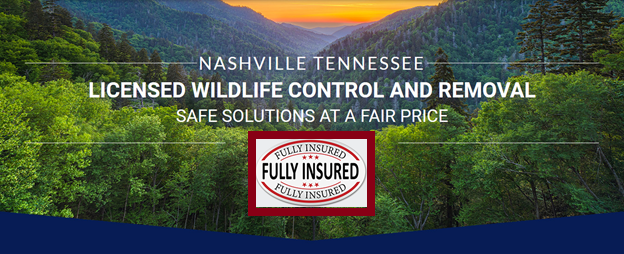
Zion Lutz, owner operator of Smoky Wildlife Control, recently appeared on WSMV4 News to give some great insight on the current nuisance fox influx happening throughout Nashville, Tennessee.
“What we’ve seen in the industry as well is that coyotes have slowly pushed fox more towards the urban environments as they get away from them,” (…) “so they’re hiding in these little wood patches, underneath decks, and underneath sheds.”
Zion – Smoky Wildlife control owner
Check out the video clip below to check out Smoky Wildlife Control on WSMV4 and learn more about this current event, as well as some tips on how to protect your home or business from the dangers and threats presented by wild foxes in the Nashville area!
Smoky Wildlife Control Gives Advice to WSMV4 Viewers
How to Safely Manage Nuisance Foxes Around Your Property
Nuisance foxes can cause a variety of problems, including costly property damage, dangerous pet encounters, and even the spread of disease. Fortunately, there are various strategies you can employ to safely and responsibly control nuisance fox populations in your area. Here are some useful tips to help you protect your property from nuisance fox damage, tampering, and threats:
🦊 Seal up potential entryways. Make sure any outdoor garbage cans are securely sealed, and check for possible openings in your fence or walls that could allow nuisance foxes access to your yard.
🦊 Install coyote rollers or one-way doors. Coyote rollers are devices that keep wild foxes from being able to climb up the walls of your home or business, while one-way doors allow nuisance foxes to leave but not re-enter an area.
🦊 Remove access to available food or water sources. Keeping pet food, bird feeders, and any other potential food sources away from nuisance foxes will help deter them from coming back.
🦊 Install motion-activated sprinklers or lights in high activity areas. Wild foxes may be scared off by sudden movements or noises, so these devices can help you keep nuisance foxes away.
🦊 Contact Smoky Wildlife Control for help. Our Nashville fox control professionals can assess the situation and provide advice on how to get rid of nuisance foxes in a humane and effective manner.
By taking these steps, you can help keep wild foxes away from your property. Implementing these fox control tips will go a long way towards protecting your home and family from local foxes.
Fox Removal and Control in Nashville Tennessee
Smoky Wildlife Control is a leading professional wild animal removal and abatement company, with decades of experience managing nuisance wildlife issues in and around Nashville. Our licensed and insured critter control experts are here to help ensure that any wild animals on your property no longer pose a risk, especially foxes!
If you are having a nuisance fox problem in Nashville, TN, please contact us at 615-610-0962 to learn more about getting started with safe and effective fox removal and control today.
Related Posts:
Interesting Facts About Foxes in Tennessee
What You Need to Know About Fox Removal and Control
FAQS About Animal Damages and Clean Up




